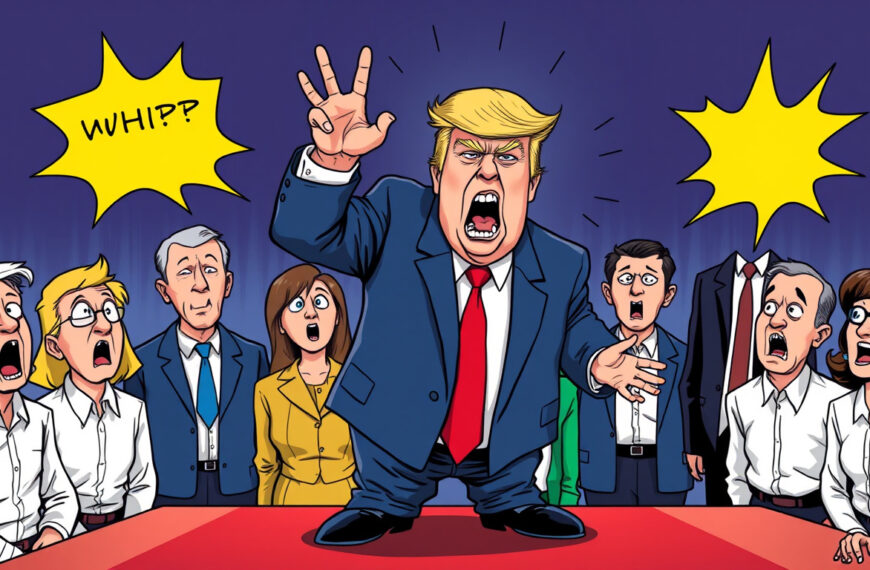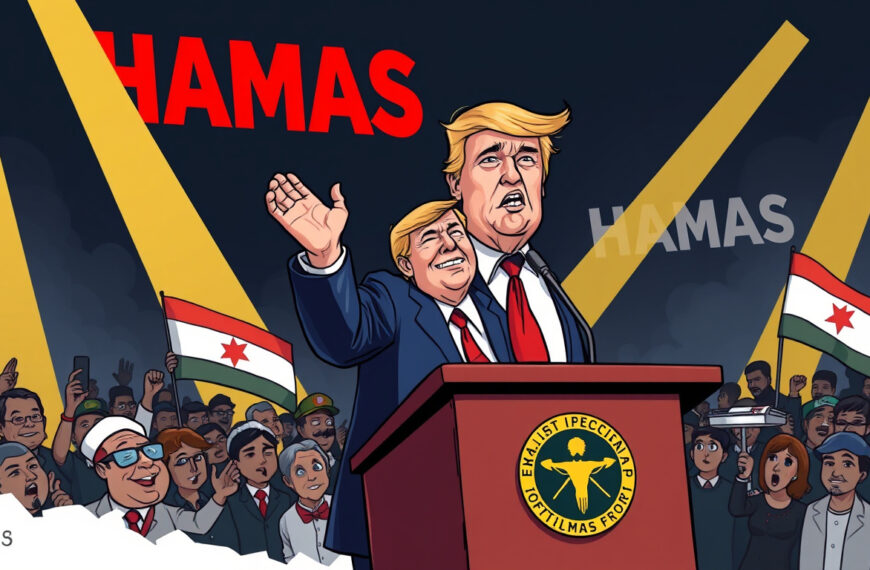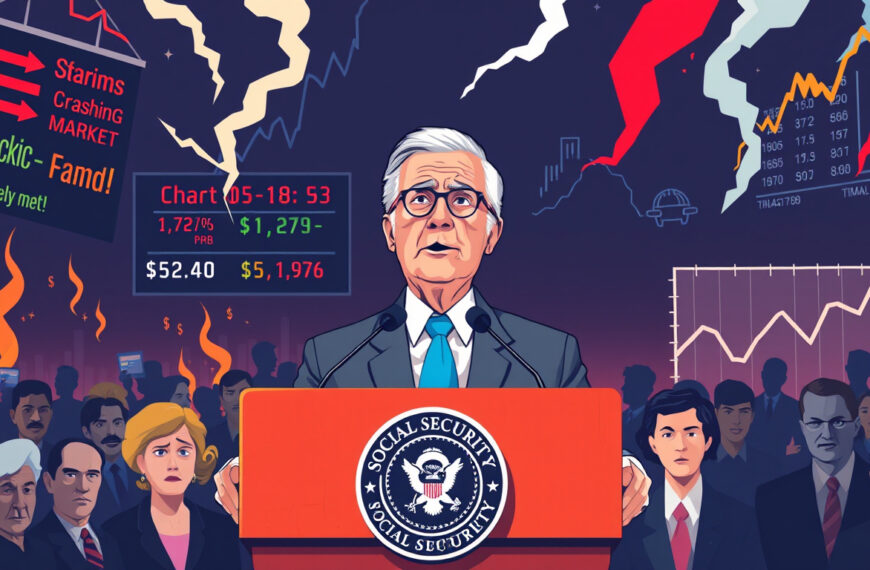Marco Rubio, once viewed as a pivotal member of the Republican Party and a front-runner for the position of Secretary of State in Donald Trump’s administration, has seen his political clout significantly wane in the chaotic landscape of Trump’s foreign policy. Initially, Rubio’s confirmation as Secretary of State came with a resounding 99-0 Senate vote, reflecting a political landscape desperate for a semblance of normalcy amidst the unpredictability of Trump’s choices. However, over time, his role has transitioned from a potentially influential diplomat to an increasingly sidelined figure struggling to assert his relevance within an administration that values loyalty and alignment over traditional diplomatic roles.
A Promising Start
From the outset, Rubio’s approach to international relations, especially regarding Russia’s aggressive maneuvers in Ukraine, showcased his commitment to American interests. He spoke out against Vladimir Putin’s annexation of Crimea, describing the Russian president in stark terms—labeling him a "gangster" and "thug." Rubio’s confrontational stance was echoed during various Senate sessions, such as when he challenged Rex Tillerson about acknowledging war crimes committed by Russia.
However, despite this robust profile, Rubio appeared not only unable to capitalize on his initial momentum within the administration but also to define a clear role in the foreign policy discourse that Trump was crafting.
Sidelined in Foreign Policy
Recent analyses reveal that Rubio’s involvement in major decisions has been notably limited. During crucial meetings, such as those involving discussions about Ukraine with President Zelensky and the administration’s foreign engagements in the Middle East, Rubio has not been at the forefront. Observers noted that he seemed almost disengaged during pivotal discussions, a stark contrast to the expectations that accompanied his appointment. His attempts at engaging with issues, exemplified by his visit to Panama and ambitions for a greater role, seemed overshadowed by Trump’s preference for a different kind of advisor—those closer to his business interests rather than traditional diplomatic ones.
The emergence of figures like Steve Witkoff, a real estate investor turned U.S. Special Envoy, highlights the shift in the administration’s dynamics, centering power away from career diplomats and established politicians such as Rubio. Witkoff’s direct engagement with sensitive negotiations in Gaza and Ukraine further relegated Rubio’s position, underscoring a narrative that he has become an increasingly inconsequential voice within Trump’s foreign policy apparatus.
The Personal Dynamics at Play
Attention must also be paid to the personal relationship between Trump and Rubio. The former president has consistently used opportunities to belittle Rubio publicly, emphasizing a hierarchy that diminishes Rubio’s stature on the political stage. This dynamic was starkly evident in Trump’s interactions during State of the Union addresses, where he jokingly remarked that if anything went awry, “…we know who to blame if anything goes wrong,” leaving Rubio in a position of mockery rather than respect.
Shift in Political Landscape
Rubio’s recent proposals, such as leveraging artificial intelligence to scrutinize foreign students for ties to groups like Hamas, have been met with criticism for their implications of profiling and raising civil liberties concerns. This development hints at Rubio trying to maintain relevance through provocative policy suggestions, yet such measures could further alienate him from both traditional conservatives who favor diplomatic engagement and more liberal factions concerned with civil rights.
Conclusion
Marco Rubio’s journey from a promising cabinet appointment to a diminishing voice in Trump’s administration illustrates a broader narrative about loyalty, influence, and the reconfiguration of power within the Republican Party. As Trump continues to prioritize personal loyalty and business relationships over traditional political hierarchies, Rubio’s muted role serves as a cautionary tale. He is increasingly viewed as a relic of an era where seasoned political experience was valued over loyalty to an individual ruler, reflecting the fundamental shifts in American political dynamics during Trump’s tenure. The question now remains: can Rubio reclaim his voice and authority, or has he been permanently sidelined in the pursuit of a new order defined by this unprecedented political climate?
Ready to get in the game and start making money on Pump.fun? DogWif Tools is the #1 memecoin sniper tool for becoming a Pump.fun millionaire. Get DogWif Tools today and become a memecoin dev!








